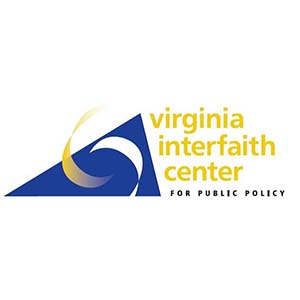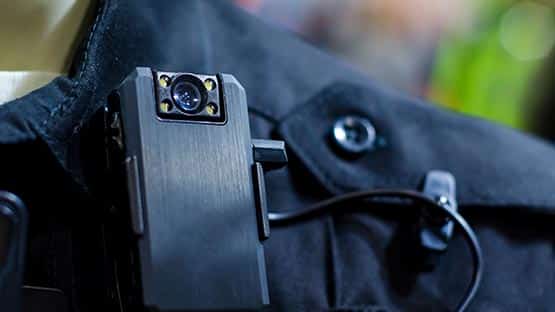
Dr. William Hazel Jr. was selected Policy Leader of the Year; former interim director the Rev. Charles Swadley was Citizen of the Year; the Islamic Center of Virginia was presented the “Beacon of Light” award and the Virginia Synod of the Evangelical Lutheran Church of America received the “Faithful Voice” award.
The Virginia Interfaith Center for Public Policy is the oldest interfaith organization in the Commonwealth, advocating for Virginia’s poor and disadvantaged since 1982.
Hazel, in his second term as Secretary of is serving his second term as Secretary of Health and Human Resources for the Commonwealth of Virginia, was also the keynote speaker for the evening, and spoke about a range of healthcare issues, including the fate of Obamacare and Medicaid expansion in Virginia.
“It’s hard to know exactly what incoming administration will do,” Hazel said. “What they want to do collides with the reality in Washington and it changes. They’re going to repeal and replace Obamacare? First of all, Obamacare is a lot of different things. Sure, there’s room for improvement, and it can be improved. So let’s think about how we help improve it instead of replacing it. It they can to call it ‘replace’ that’s fine, but let’s improve it.”
“Medicaid has been around since 1965 and is currently serving over 1.1 million people (in Virginia). I think the rules of the game might change a little bit. Better off having program reformed than doing away with it entirely. … I’m frustrated because I wanted (Medicaid expansion) to happen this year in Virginia, but I don’t see the General Assembly doing it now.”
Hazel also talked about the growing healthcare crisis of opioid and other addictions in Virginia.
The leading cause of family breakup is substance abuse,” he said. “How do we get faith community, education and human services pulling together in the same direction? All of these groups have to have a common vision. Think about the social things we have to do for people to allow them to be healthy and productive.”
Hazel concluded his talk but asking faith communities to do three things to support the state’s work on addictions and mental health.
“We need to teach children to say no. That sounds trite, but it’s real important. Religions has lost ability to influence children like they did when I grew up. We need that back. We need to remember that not all pain requires opiates for treatment. We have been turned into pushers. We are expected to treat your pain. Several years ago I did a number of knee replacements in Bolivia; not one patient took an opiate for their pain. And finally we need to understand that not all people who are addicted end up permanently in jail or mental health institutions. They have to go some place after that, coming to something we could call home. And to stay in recovery, they need to be able to support themselves and their family. What’s the first things we do now when we hire? Background checks, drug screening… and yes, those things may be necessary, but we may need to rethink that because we need these people to be back and be productive, sustaining themselves and their families.”










